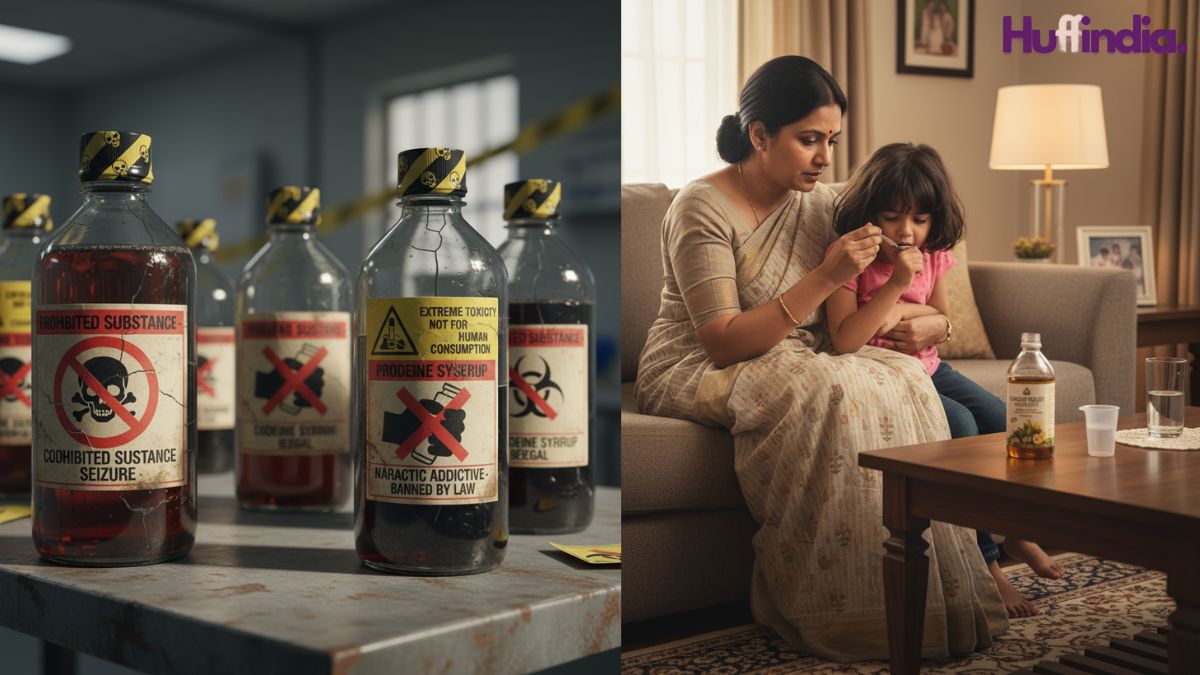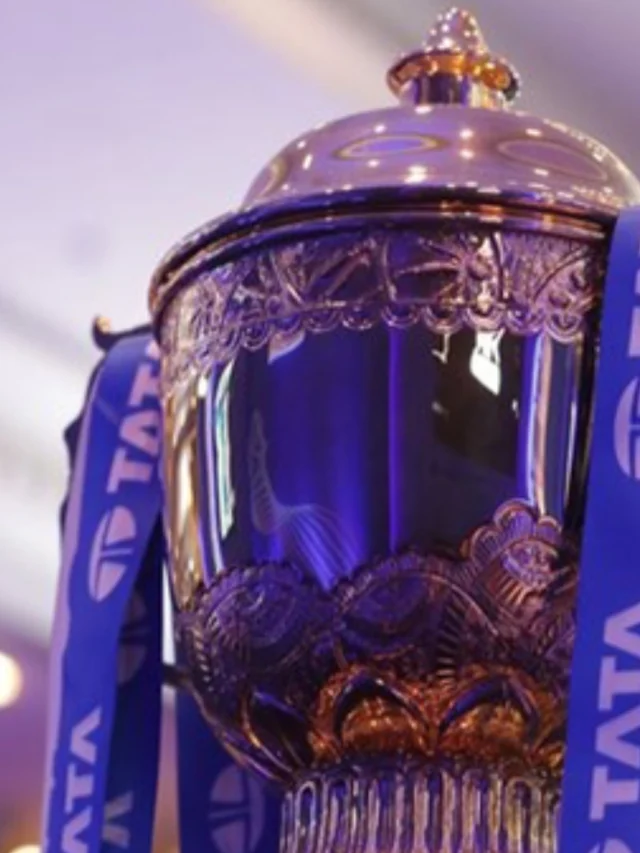India faces a devastating health crisis as cough syrup deaths claim the lives of at least 14 children across multiple states, triggering nationwide bans and urgent regulatory reforms. The tragedy has exposed critical gaps in the country’s pharmaceutical manufacturing oversight, raising serious questions about drug safety standards in the world’s pharmacy hub.
Deadly Chemical Found in Children’s Medicine
The crisis centers around Coldrif cough syrup manufactured by Tamil Nadu-based Sresan Pharmaceuticals, which contained a shocking 48.6% concentration of diethylene glycol (DEG) – nearly 480 times the permissible limit of 0.1%. DEG is a highly toxic industrial solvent commonly used in antifreeze, brake fluids, and printing inks, making it lethal even in minute quantities when consumed.
Cough syrup deaths began surfacing in late August 2025, with the majority occurring in Madhya Pradesh’s Chhindwara district. Nine children under five years of age died from acute kidney failure after consuming contaminated medicines prescribed for common cold and fever symptoms. Additional fatalities were reported in Rajasthan, bringing the total death toll to at least 14 children.
The victims, primarily from underprivileged families, initially presented with mild symptoms of cough, cold, and fever. Within days of consuming the prescribed cough syrups, their conditions deteriorated rapidly, leading to reduced urine output, acute kidney complications, seizures, and ultimately death.
Multiple States Ban Contaminated Medicine
Following confirmation of contamination, several states moved swiftly to ban cough syrup sales. Madhya Pradesh became the first to impose a complete statewide ban on Coldrif syrup and all products manufactured by Sresan Pharmaceuticals. Tamil Nadu, Kerala, Maharashtra, Uttar Pradesh, and Uttarakhand quickly followed suit, implementing comprehensive bans to prevent further casualties.
Cough syrup deaths prompted immediate regulatory action, with the Central Drugs Standard Control Organisation (CDSCO) recommending cancellation of the manufacturer’s license and initiating criminal proceedings. Police arrested Dr. Praveen Soni, the government pediatrician who prescribed the contaminated syrup, under charges including culpable homicide not amounting to murder and drug adulteration.
The manufacturer faces serious legal consequences under the Bharatiya Nyaya Sanhita and the Drugs and Cosmetics Act, 1940, with authorities pursuing charges related to manufacturing and selling adulterated drugs.
Central Government Issues Emergency Guidelines
In response to the cough syrup deaths crisis, the Union Health Ministry convened an emergency high-level meeting with all states and union territories to review drug quality norms and promote rational use of cough medications. Health Secretary Punya Salila Srivastava chaired the meeting, emphasizing strict compliance with the Revised Schedule M manufacturing standards.
The Directorate General of Health Services issued critical advisories stating that cough syrup should not be prescribed to children under two years of age. For children above two years, the ministry recommended careful clinical evaluation with close supervision, avoiding multiple drug combinations, and adhering to appropriate dosing for the shortest effective duration.
Dr. Rajiv Bahl, Director General of the Indian Council of Medical Research, explicitly stated that children should not be prescribed cough syrups or combination drugs to prevent adverse effects, emphasizing that most childhood coughs are self-limiting and resolve without pharmacological intervention.
Strengthened Manufacturing Oversight
The cough syrup deaths tragedy exposed significant gaps in India’s pharmaceutical manufacturing oversight. The Central Drugs Standard Control Organisation launched risk-based inspections across 19 manufacturing units in six states, focusing on companies producing cough syrups, antipyretics, and antibiotics.
Since December 2022, CDSCO has conducted inspections of 905 drug manufacturing units, resulting in 694 regulatory actions including production stoppages, license suspensions, and warning notices. The government has implemented stricter Good Manufacturing Practices under the Revised Schedule M, effective from June 2024 for large manufacturers and extended until December 2025 for smaller companies.
Cough syrup manufacturers must now comply with enhanced requirements including product quality reviews, pharmaceutical quality systems, quality risk management protocols, and computerized storage systems for all products. The regulations also mandate that drugs be marketed only after obtaining satisfactory quality test results, with sample storage requirements for potential retesting.
Global Reputation at Stake
The cough syrup deaths crisis has reignited international concerns about India’s pharmaceutical export quality. Known as the “pharmacy of the world,” India supplies 40% of generic medications to the United States, 25% to the United Kingdom, and over 90% to numerous African nations.
Previous incidents involving contaminated cough syrups from Indian manufacturers have been linked to over 300 child deaths worldwide since 2022, including 70 fatalities in Gambia and deaths in Uzbekistan and Cameroon. The World Health Organization has repeatedly issued medical product alerts about DEG and EG contamination in pediatric medicines from India.
India’s pharmaceutical exports, ranked 11th globally by value in 2023 with $24.62 billion in revenues, face increased scrutiny from international regulatory bodies. The industry must now demonstrate enhanced quality control measures to maintain its global market position and restore confidence in Indian pharmaceutical products.
Preventive Measures and Future Outlook
To prevent future cough syrup deaths, Indian health authorities are implementing comprehensive screening methods including thin-layer chromatography and gas chromatography to detect DEG contamination in pediatric medicines. The government is strengthening supplier certification processes, closing supply chain gaps, and enhancing audit mechanisms across the pharmaceutical sector.
States have been directed to ensure enhanced surveillance, timely reporting from all health facilities, and improved interstate coordination for outbreak response. The National Joint Outbreak Response Team is now functional, ensuring effective coordination between central organizations like NCDC and ICMR to assist states in need.
Cough syrup manufacturers must demonstrate compliance with international standards including WHO-GMP and PIC/S guidelines to access global markets. The Revised Schedule M aligns Indian manufacturing practices with these international benchmarks, though compliance costs and workforce training requirements pose challenges for smaller manufacturers.
The tragic cough syrup deaths serve as a stark reminder of the critical importance of pharmaceutical quality control in protecting public health. As India works to rebuild trust in its pharmaceutical industry, the implementation of stricter regulations and enhanced oversight mechanisms will be essential to prevent similar tragedies and maintain the country’s position as a reliable global medicine supplier.


























